He supposedly felt physically ill when playing Brahms, and he considered the Beethoven sonatas boring because of their plastic imperfection. But what delighted him beyond all measure was to play Mozart on an old, out-of-tune Erard grand piano. Samson Pascal François, born on 18 May 1924 in Frankfurt, Germany, did not have a long life, but he certainly had an interesting one. He was a charismatic figure, an iconoclast, and a musical maverick, and while his playing could be daring and rhapsodic, François was always known for his “uncompromising integrity and extraordinary intelligence.”
Samson François Plays Debussy’s “I’Isle Joyeuse”
Itinerant Start
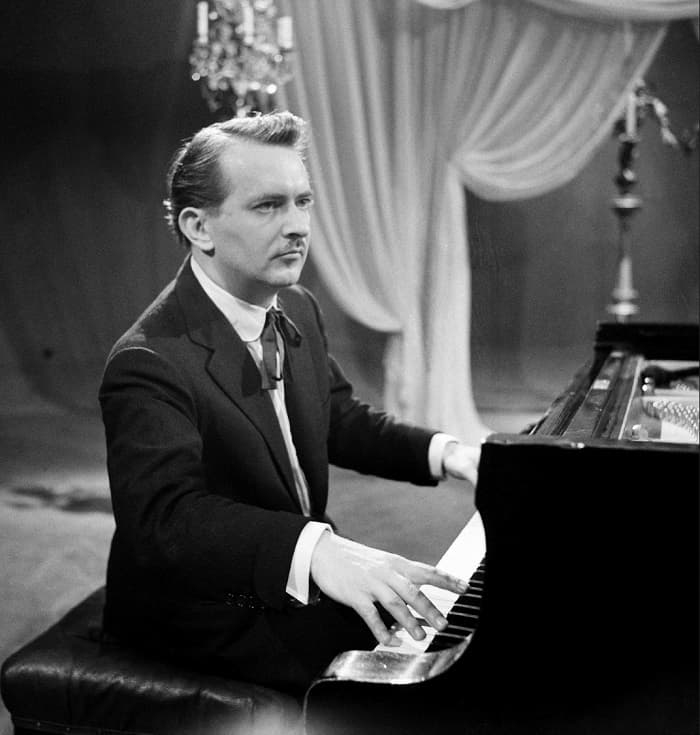
Samson François
His father was in the diplomatic corps, working at the French consulate in Frankfurt. His mother, Rose, named him Samson for strength and Pascal for spirit. His father quickly realised that his son had special talents, as the boy discovered the piano at the age of two. The itinerant nature of his father’s job saw the family moving to Italy, with young Samson taking lessons from Pietro Mascagni. The famed composer of Cavalleria Rusticana encouraged the boy to appear publicly with a Mozart concerto at the age of 6.
Soon, the family was on the move again, and Samson enrolled at the Belgrade Conservatory, studying with Cyril Licar. Licar introduced his young charge to the music of Béla Bartók, and Samson obtained a first prize in performance. By 1933, the family had moved to Lyons and then onwards to Nice. Although the family encountered some financial difficulties, Samson was enrolled in the Nice Conservatoire from 1932 to 1935, where he won the first prize at the age of eleven.
Frédéric Chopin: Piano Sonata No. 3 in B minor, Op. 58 (excerpts) (Samson François, piano)
Studying Under Alfred Cortot
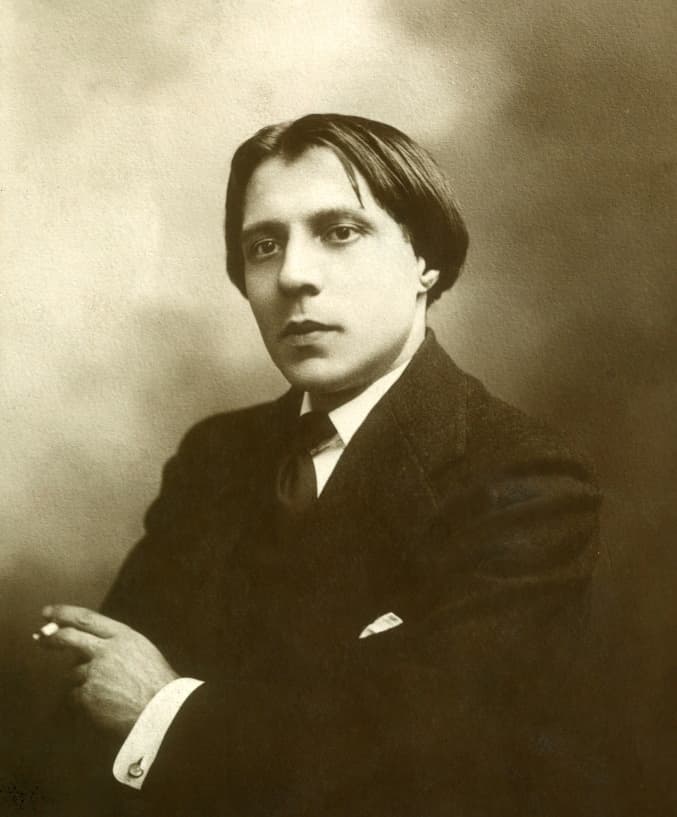
Alfred Cortot
François told various versions of his early years, so it is not always easy to discern what is real and what is imagined. Indeed, when he was rebuked by a friend for his embellishments, François replied, “I am not lying, I am living out my imagination.” Fact is, however, that the young pianist came to the attention of Alfred Cortot when he visited Nice on a concert tour in 1935. Cortot was mightily impressed, and realising that the family was in financial difficulties, agreed to accept the boy into his École Normale de Musique in Paris without a fee.
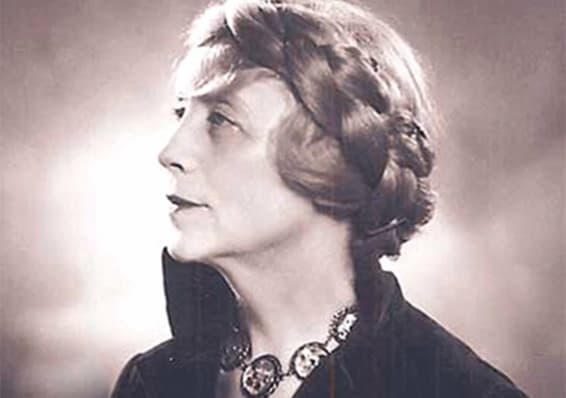
Yvonne Lefébure
Cortot did not teach François himself but assigned his studies to Yvonne Lefébure. Apparently, this turned out to be a rather difficult task, as Samson was rather headstrong and undisciplined. He had been playing instinctively, and he did not take well to the discipline of practising and studying. Samson made incredible progress, however, and his father decided that the boy could make money by performing in public. A planned concert tour in 1936, however, had to be abandoned as his father died suddenly.
Sergei Prokofiev: Piano Concerto No. 3 in C Major, Op. 26 (Samson François, piano; Philharmonia Orchestra; Witold Rowicki, cond.)
Studying Under Marguerite Long
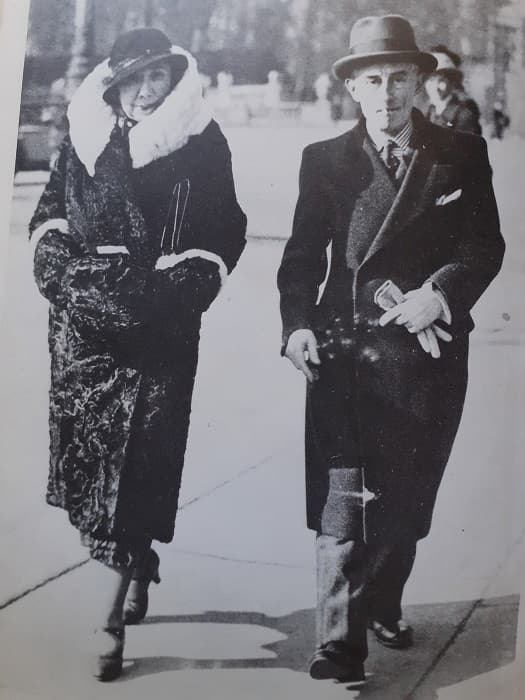
Marguerite Long and Maurice Ravel
Alfred Cortot once remarked that François was “almost impossible to teach.” That statement would be confirmed in 1938 when François auditioned for a place at the Paris Conservatoire. He was accepted and joined the class of Marguerite Long. She had to tame his already wilful nature and reminded François years later that he was the only pupil she had had to slap. “Madame, it was a privilege to be the only one,” he replied.
François left the Conservatoire in 1940 but the restrictions of wartime France made the starting of a career very difficult. Lefébure introduced him to influential and well-placed friends, and he played a few concerts in Paris and Lyons. François won 1st prize at the first Long-Thibaud Competition in Paris in 1943, and from 1945, he toured extensively, including a visit to China in 1964.
Maurice Ravel: Piano Concerto in G Major (Samson François, piano; Orchestre de la Société des Concerts Symphoniques de Paris; André Cluytens, cond.)
Eccentric and Composer
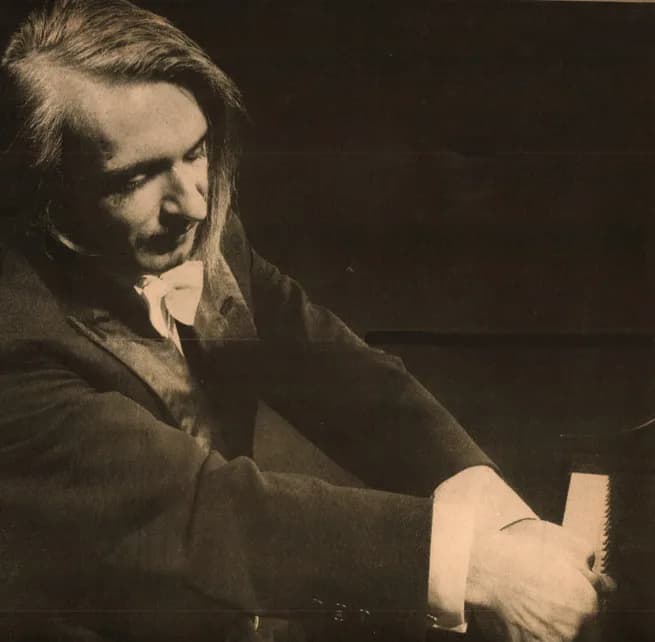
Samson François, 1955
François has been described as “a sensible creative genius known for excess, ego, and emotionally soaring heights and devastating lows.” He certainly lived a colourful life, and as a pianist, he never turned out identical interpretations for the recording age. As a critic writes, “sometimes he played badly, but at his best he exuded a nervous concentration which was uniquely compelling.”
François also dabbled in improvisation and composition. As he explained, “At first, as a pianist, you’re happy interpreting other people’s works. Then you get tired of it, and finally, it’s no longer enough for you. That’s when I started composing myself.” He did write a piano concerto, and composing meant going on a journey, going on a voyage of discovery. As François related, “if the concerto is a success, people will say that I am, all in all, a mediocre pianist, and if it is bad, people will say that I am not a composer.”
For more of the best in classical music, sign up for our E-Newsletter
